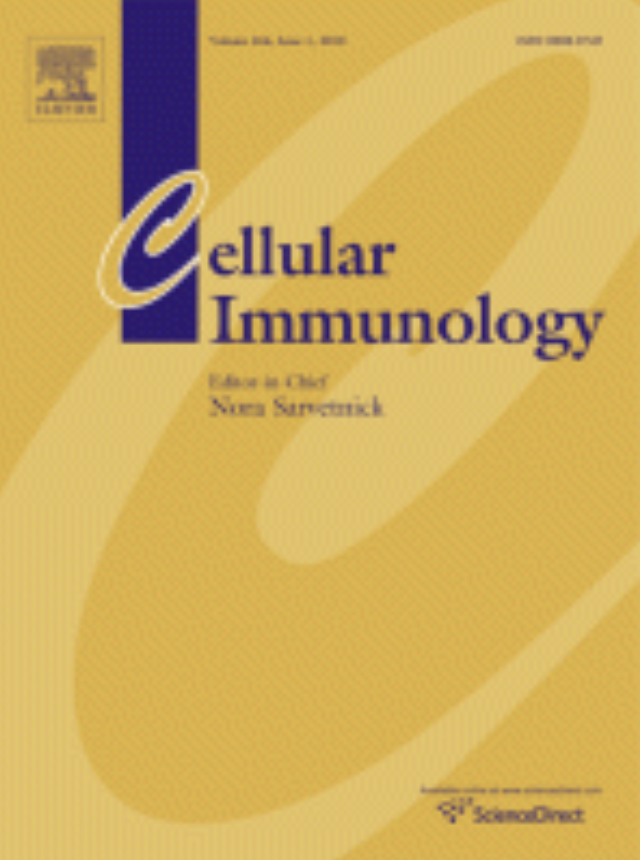May 2008
Immune effects of mesenchymal stem cells: implications for Charcot-Marie-Tooth disease.
Journal Citation
Cell Immunol. 2008 May-Jun;253(1-2):11-5.
Authors
Leal A, Ichim TE, Marleau AM, Lara F, Kaushal S, Riordan NH.
Abstract
Mesenchymal stem cell (MSC) therapy is the most clinically advanced form of cell therapy, second to hematopoietic stem cell transplants. To date, MSC have been used for immune modulation in conditions such as Graft Versus Host Disease (GVHD) and Crohn’s Disease, for which Phase III clinical trials are currently in progress. Here, we review the immunological properties of MSC and make a case for their use in treatment of Charcot-Marie-Tooth disease type 1 (CMT1), a group of inherited peripheral neuropathies. CMT1 is characterized by demyelination and aberrant immune activation making this condition an ideal target for exploration of MSC therapy, given the ability of these cells to promote sheath regeneration as well as suppress inflammation. Studies supporting this hypothesis will be presented and placed into the context of other cell-based approaches that are theoretically feasible. Given that MSCs selectively home to areas of inflammation, as well as exert effects in an allogeneic manner, the possibility of an “off the shelf” therapy for CMT1 will be discussed.

